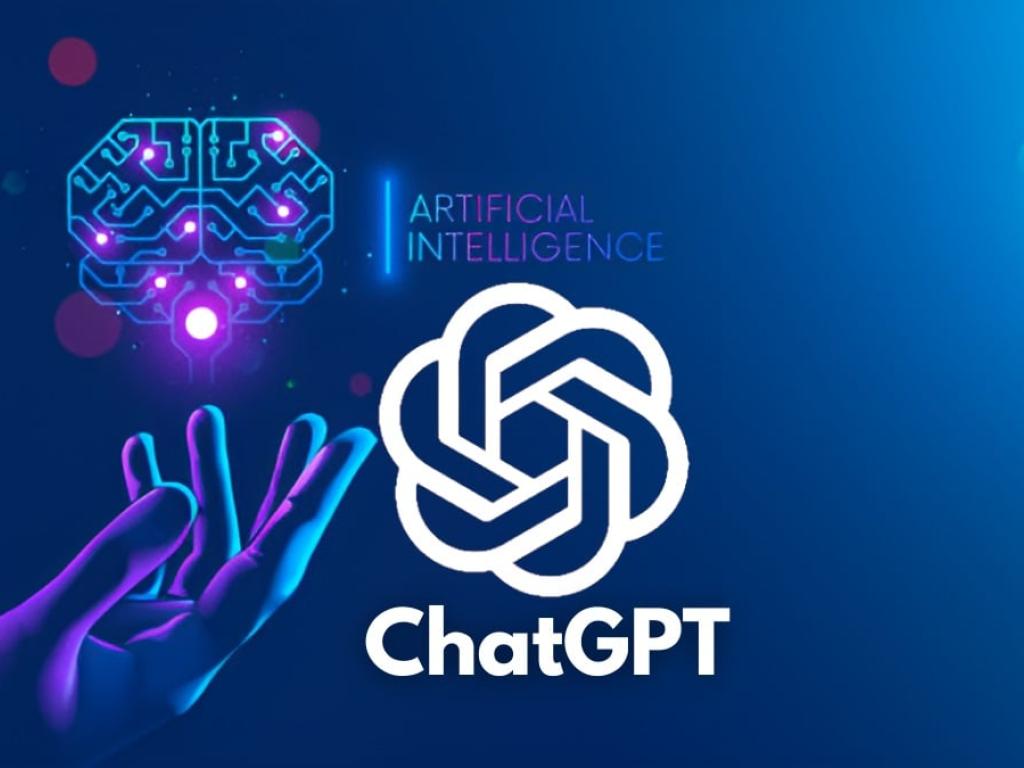Chat GPT: The effects on education

Personalized Learning
ChatGPT can personalize the learning experience by providing tailored responses to individual learners. By analysing learners' responses and interests, it can provide targeted feedback, recommendations, and resources. This feature can help students learn at their own pace and level, ultimately improving their learning outcomes.

Interactive Learning
ChatGPT can also serve as an interactive tool for learning.
Assistive Technology
ChatGPT can also be used as an assistive technology to help students with special needs. For example, it can provide language support for students with dyslexia, and it can provide speech recognition for students with hearing impairments.
Access to Information
ChatGPT can provide access to vast amounts of information in a matter of seconds.
Language Learning
ChatGPT can also be a valuable tool for language learning. It can help learners to improve their language skills by providing instant feedback on grammar, vocabulary, and pronunciation. Learners can engage in conversations with ChatGPT in the language they are learning, which can help them to develop their speaking and listening skills.

ChatGPT wrote the first half of this article. It’s ability to produce not only coherent, but academic responses to prompts has the potential to reshape the educational landscape. It’s beautiful to the student yet shocking to the lecturer. At the very least, ChatGPT has changed the way universities can assign written assignments. Every essay, every article, every journal, every

discussion question is now under scrutiny. ChatGPT has forced universities to up their game. How do students respond and how will universities respond?
Turnitin, the university’s biggest weapon against plagiarism, has seemingly met its match against ChatGPT. Turnitin is a similarity checker which uses a database of internet sources to evaluate how much of a submitted assignment matches with their sources and uses this to generate a similarity score. However, Turnitin has debuted their AI checker and claims that it is 98% accurate.
It seems that the universities are keeping up for now, but AI is constantly being updated and one can only wonder how long it will be before universities are forced to take other measures to limit student usage of AI writing tools. Only time will tell.
